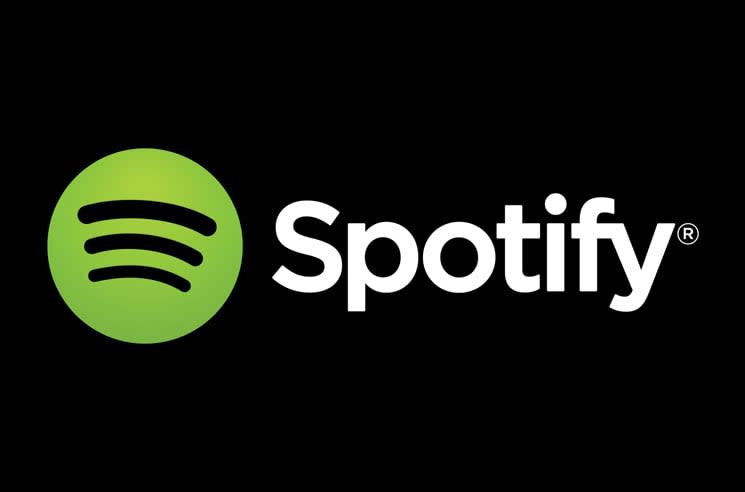Continuing to do everything but pay artists more, Spotify has reportedly developed an AI-powered tool to detect alleged songwriting plagiarism.
A new report from Music Business Worldwide points to a European patent filing submitted by the streaming giant for "Plagiarism Risk Detector and Interface" technology, involving "Methods, systems and computer program products...for testing a lead sheet for plagiarism."
Per the filing, Spotify's new technology would allow for a lead sheet — music notation outlining song elements including melody, lyrics and harmony — to be fed through their "plagiarism detector" tool.
The tool, "having been trained on a plurality of preexisting encoded lead sheets," will then compare the submitted composition against all other lead sheets in its database in near-real time.
The AI tool would then present a detected level of plagiarism regarding "a plurality of elements" including melody and harmony, while also potentially calculating "a similarity value" of the submitted song against those in the database. Spotify's filing points out that another possible outcome could show an artist that "the melodic fragment [of their song] appears to be completely new."
Spotify writes in the patent filing that "when executed manually, plagiarism detection is usually performed by experts and lawyers," adding that this manual work "requires substantial effort, skill and excellent memory, and is generally known to be impractical."
They argue that "Software-assisted detection for text plagiarism on the other hand allows vast collections of documents to be compared to each other, making successful plagiarism detection much more likely," writing that "such a tool would allow artists to generate lead sheets more quickly and confidently by detecting and providing visual feedback as to whether any aspect of the work has a probability of being deemed plagiaristic."
You can read Spotify's complete patent filing [via Music Business Worldwide] here.
A new report from Music Business Worldwide points to a European patent filing submitted by the streaming giant for "Plagiarism Risk Detector and Interface" technology, involving "Methods, systems and computer program products...for testing a lead sheet for plagiarism."
Per the filing, Spotify's new technology would allow for a lead sheet — music notation outlining song elements including melody, lyrics and harmony — to be fed through their "plagiarism detector" tool.
The tool, "having been trained on a plurality of preexisting encoded lead sheets," will then compare the submitted composition against all other lead sheets in its database in near-real time.
The AI tool would then present a detected level of plagiarism regarding "a plurality of elements" including melody and harmony, while also potentially calculating "a similarity value" of the submitted song against those in the database. Spotify's filing points out that another possible outcome could show an artist that "the melodic fragment [of their song] appears to be completely new."
Spotify writes in the patent filing that "when executed manually, plagiarism detection is usually performed by experts and lawyers," adding that this manual work "requires substantial effort, skill and excellent memory, and is generally known to be impractical."
They argue that "Software-assisted detection for text plagiarism on the other hand allows vast collections of documents to be compared to each other, making successful plagiarism detection much more likely," writing that "such a tool would allow artists to generate lead sheets more quickly and confidently by detecting and providing visual feedback as to whether any aspect of the work has a probability of being deemed plagiaristic."
You can read Spotify's complete patent filing [via Music Business Worldwide] here.
